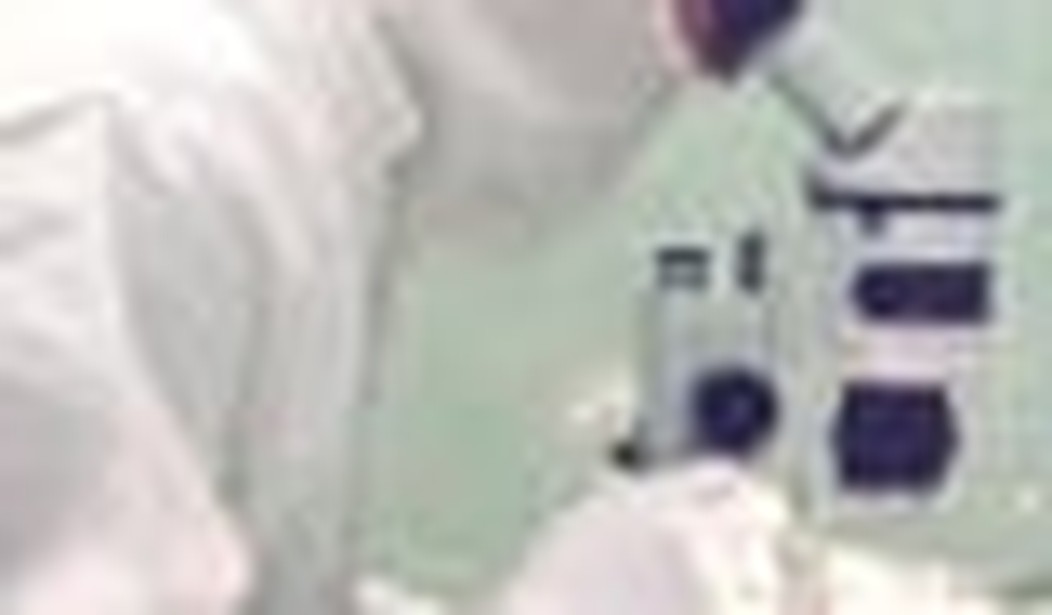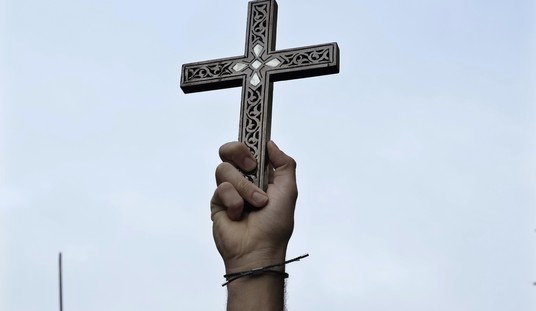Three months after the release of the Climategate emails and fresh on the heels of the publication of Climategate: The Crutape Letters, Dr. Phil Jones — head of the Climate Research Unit (CRU) at the University of East Anglia — took questions from Climategate’s version of David Frost: Roger Harrabin of the BBC.
That interview and a question and answer session indicate that Jones has since made some concessions after painful reflection. During this same period, the UK press has reexamined the ground covered in The Crutape Letters. However, the U.S. press has largely ignored the incident despite the involvement of New York Times journalists in the files.
Initial reactions are of two views. Fear-peddling alarmists argue that nothing in the emails changes the science; global warming contrarians scream fraud. A close reading of the emails shows that these views don’t explain anything — they merely restate entrenched views.
The truth of what has occurred is more subtle.
Jerome Ravetz, Oxford University philosopher, seconds this analysis:
This scandal, and the resulting crisis, was created by people within science who can be presumed to have been acting with the best of intentions. … If we are to understand Climategate, and move towards a restoration of trust, we should consider the structural features of the situation that fostered and nurtured the damaging practices. … It seems that several causes conspired. First, the early opposition to any claim of climate change was only partly scientific; the tactics of the opposing special interests were such as to induce the proponents to adopt a simple, forcefully argued position. Then, once the position was adopted, its proponents became invested in it, and attached to it, in all sorts of ways, institutional and personal.
The emails revealed a form of “noble cause corruption” resulting in a loss of trust in climate science and climate scientists. Early proponents of global warming and environmental activists set the stage for the crisis with early opponents and corporate interests. The scientists, led by the example of Michael Mann, adopted a “bunker mentality.” Jones confirms this reading of the situation: that bunker mentality led directly to an erosion of scientific values and scientific practices, now under investigation by Parliament and a stumbling team hastily thrown together by UEA.
Jones’ failing amounts to a version of Nixon’s crime: obstruction of science. His refusal to share data with researchers Warwick Hughes and Steve McIntyre can now be traced to what we suspected: poor record-keeping in a job that absolutely requires meticulous records. As a result, the principal evidence for global warming stands less certain and unaccountable. To be sure, the balance of the evidence still indicates that the world has warmed, but the amount of warming is now less certain, and the public will not support painful policies built on such a shabby edifice.
Jones also affirmed what many contrarians have argued. There are periods in the instrument record that show rates of warming statistically indistinguishable from what we witnessed between 1975 and 1998. And the most recent years, since 1995, have shown no statistically significant warming. While Jones and CRU have now set about the task of restoring trust by granting themselves a “do over,” other notable scientists such as Dr. Judith Curry are suggesting the path we outlined in our book: an independent open assessment aimed at rebuilding this vital data.
The other failing we noted, Jones’ subversion of the FOIA process, has now been substantiated by the Information Commissioner’s Office. At issue here was the process of spinning the story about the Medieval Warm Period (MWP) in the IPCC Fourth Assessment Report. Jones now apparently agrees with critics of the “hockey stick” and has abandoned his “gut feeling” expressed in the emails. The magnitude and the distribution of the MWP is uncertain.
After Nixon’s interview with Frost, a substantial majority believed he was still covering up, and nearly three-quarters of viewers still believed he was guilty of obstruction of justice. The Jones interview explains in part why Jones was hiding data and obstructing FOIAs. A lack of diligence in record keeping and spinning a publication record to one’s advantage does not amount to fraud, but neither does Jones’ admission alone restore trust.
It’s time to free the data, free the code, and open the debate.









Join the conversation as a VIP Member